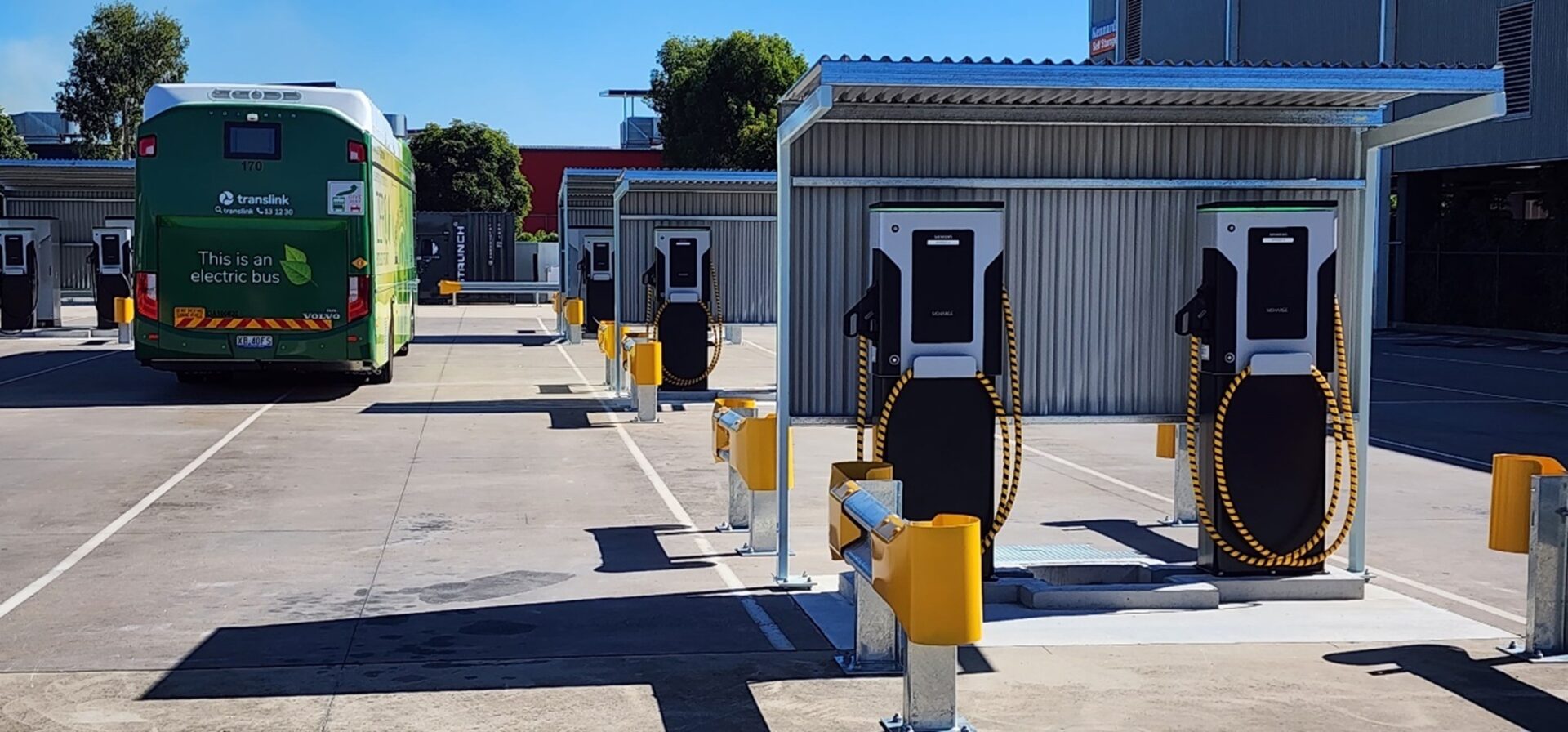the city is set to see the development of new bus depots, over 150 bus shelters, and state-of-the-art charging stations for electric buses. These initiatives, which were recently approved in a meeting chaired by GMDA CEO A. Sreenivas, are designed to cater to the growing demands of the city’s rapidly increasing population and the need for sustainable transport solutions.
According to officials, 154 new bus queue shelters (BQS) will be constructed across various sectors in the city. Of these, 80 will be built between sectors 68 and 95, spanning from the Southern Peripheral Road (SPR) to the Northern Peripheral Road (NPR). The remaining 74 shelters will be located along the upper Dwarka Expressway, covering sectors 99 to 115. These shelters, estimated to cost Rs 18 crore, will also house electric substations to ensure efficient charging of the city’s upcoming electric bus fleet. This aligns with the city’s broader goal of transitioning to green, sustainable transportation solutions. Along with the new shelters, a major highlight of the project is the construction of a new bus depot in Sector 48, spread across 7.5 acres of land. This depot, which will cost around Rs 17 crore, is designed to accommodate up to 100 electric buses. It aims to enhance the operational efficiency of the city’s bus system, providing a more seamless and reliable public transport service to residents. The depot and shelters are part of a phased development plan that will meet the city’s increasing transportation needs.
The project is also focused on traffic management, with provisions for bus lay-bys at bus queue shelters wherever feasible, preventing disruptions to the flow of traffic. The dedicated lay-bys will ensure the safety of passengers while avoiding congestion on the main roads. Sreenivas, the GMDA CEO, emphasized that these infrastructure developments are crucial for urban growth and sustainability. “A robust public transport network is a key catalyst for rapid urban growth and sustainable development. GMDA is committed to strengthening Gurgaon’s bus network and improving operational efficiency to meet the growing demands of the public,” he said. In the next three years, GMDA plans to introduce 700 electric AC buses, which will increase the city’s bus fleet to 900 by 2027-28. Currently, GMCBL operates 150 buses across 25 routes in Gurgaon, with an additional 50 buses operating in Faridabad. This expansion is a significant step towards modernising Gurgaon’s transport system, aiming for a cleaner, greener, and more efficient future.


